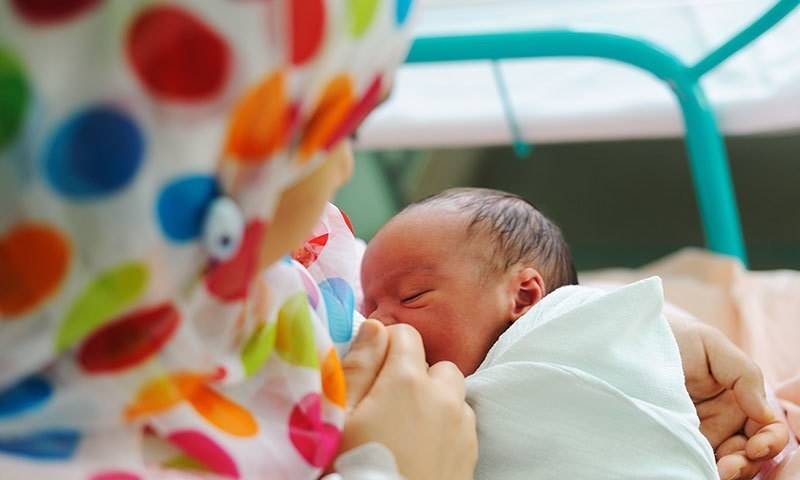Breastfeeding: Why It’s Good For You And Your Baby

Breastfeeding is one of the most natural things a woman can do for her child. Breast milk is packed with essential nutrients and antibodies that help a baby grow and thrive. Not only is breastfeeding healthy for the baby, but it is also very beneficial for the mother. Breastfeeding can also help protect the baby and mom against certain illnesses and diseases. Here are some of the health benefits of breastfeeding:
- Breast milk is the best source of nutrition for most babies.
- Breast milk shares antibodies from the mother with her baby. These antibodies help babies develop a strong immune system and protect them from illnesses.
- Breastfeeding can help protect babies against some short- and long-term illnesses and diseases, such as asthma, obesity, type 1 diabetes, and sudden infant death syndrome (SIDS). Breastfed babies are also less likely to have ear infections and stomach bugs.
- Breastfeeding helps to increase the mother’s milk supply.
- Breastfeeding can reduce the mother’s risk of breast and ovarian cancer, type 2 diabetes, high blood pressure, and postpartum depression.
- Mothers can breastfeed their babies on the go without worrying about having to mix formula or prepare bottles.
- Breastfeeding increases oxytocin production, improving the bond between mother and baby. When traveling, breastfeeding can also provide a source of comfort for babies whose normal routine is disrupted.
Despite these benefits, breastfeeding rates are declining in Pakistan. On the one hand, misplaced traditional concoctions such as ghee, honey, rice kheer, and sabudana are believed to be better than mother’s milk and that they will result in “healthier” babies. Mothers who do realize the benefits of breastfeeding, on the other hand, are often discouraged due to a lack of support at their workplaces. Multinational companies manufacturing formula milk have also contributed to the decrease in breastfeeding through deceptive marketing tactics promoting their products.
Infants who are deprived of breast milk at their crucial period of development suffer substantial repercussions, including decreased height, delayed brain development, and increased illness risks. Stunting on a large scale has far-reaching effects, including rising healthcare costs and lowering the productivity of future generations.
The Pakistan Paediatric Association has been working towards stricter implementations of breastfeeding laws to protect children from malnourishment. The Protection Of Breast-Feeding And Child Nutrition Ordinance 2002, The Punjab Protection of Breastfeeding and Child Nutrition (Amendment) Act 2012, The Sindh Protection and Promotion of Breastfeeding and Child Nutrition Bill, 2013, The Balochistan Protection and Promotion of Breastfeeding and Child Nutrition Bill, 2014, and The Khyber Pakhtunkhwa Protection of Breastfeeding and Child Nutrition Act 2015 all center on promoting breastfeeding and holding formula milk manufacturers, physicians, nurses, and any other institution accountable for pushing women to give their infants formula milk rather than breast milk.
Breastfeeding is a simple and cost-effective solution to malnutrition and illnesses occurring in infants and toddlers. For more mothers to be in good enough health to breastfeed their infants, the government must address the issues of maternity care, birth spacing, and maternal nutrition. Effective public campaigns to promote exclusive breastfeeding are required, especially during the early years of a child’s growth. These campaigns must address not just mothers but also husbands and grandparents, who frequently support “conventional” mixtures over breast milk. Maternity leave and accommodating work schedules for new moms must be guaranteed in the formal sector. Revisions to breastfeeding policies for working women should include training programs and awareness sessions for employers on the financial benefits of investing in breastfeeding in the workplace. Women should also be made aware of their legal rights to breastfeed and to request breastfeeding support.
In Pakistan, unlike many other Muslim nations, breastfeeding is not yet widely accepted by the general population. It’s crucial to alter these perceptions to ensure a healthier, brighter future for the children of our country.
